Britain & Ireland
The Tudors continue to fascinate and some of their story is told here along with the other dynasty of the period the Stuarts. Alongside those resources are the podcasts on the ideas that transformed British society during that period and created a United Kingdom for the first time. The industrial revolution is explored through poetry as well as technology. Religious collapse, change and diversity are all themes explored in this section. Read more
Sort by:
Date (Newest first) | Title A-Z
Show:
All |
Articles |
Podcasts |
Multipage Articles
-

The Cromwell Discussions: podcast series
Multipage ArticleClick to view -
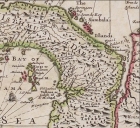
The Darien Scheme - Pamphlet
ArticleClick to view -

The Eighteenth Century in Britain: Long or Short?
ArticleClick to view -
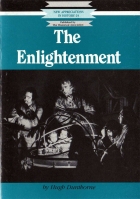
The Enlightenment
ArticleClick to view -
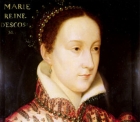
The Evidence of the Casket Letters
ArticleClick to view -

The Exclusion Crisis (1679–81)
ArticleClick to view -

The Great Powers in the Pacific
ArticleClick to view -

The Invisible Building: St John's in Bridgend
ArticleClick to view -

The Irish historians' role and the place of history in Irish national life
ArticleClick to view -

The Local Community and The Great Rebellion
ArticleClick to view -

The London Charterhouse
ArticleClick to view -
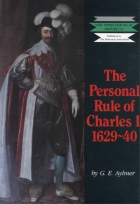
The Personal Rule of Charles I 1629-40
ArticleClick to view -

The Pilgrimage of Grace: Reactions, Responses and Revisions
ArticleClick to view -

The Reign of Edward VI: An Historiographical Survey
ArticleClick to view -
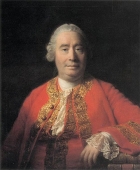
The Scottish Enlightenment
ArticleClick to view -
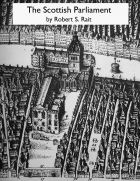
The Scottish Parliament by Robert S. Rait
ArticleClick to view -

The Scottish dream of Darien
ArticleClick to view -

The Slave trade and British Abolition, 1787-1807
ArticleClick to view -

The Spanish Armada of...1597?
ArticleClick to view -
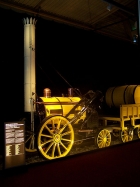
The Transport Revolution 1750-1830
ArticleClick to view

